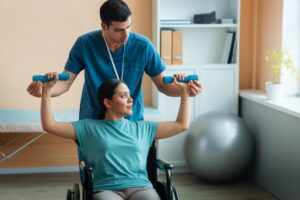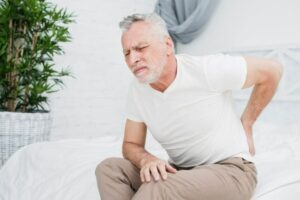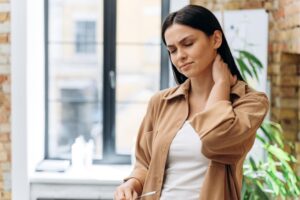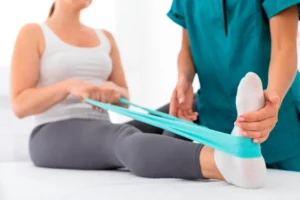Early Intervention and Assessment
The journey towards recovery typically commences in the acute phase post-stroke. Physiotherapists conduct comprehensive assessments to evaluate the extent of impairment, including motor skills, balance, coordination, and overall mobility. Early intervention allows for the identification of specific deficits, paving the way for personalized rehabilitation strategies.
Restoring Mobility and Functionality
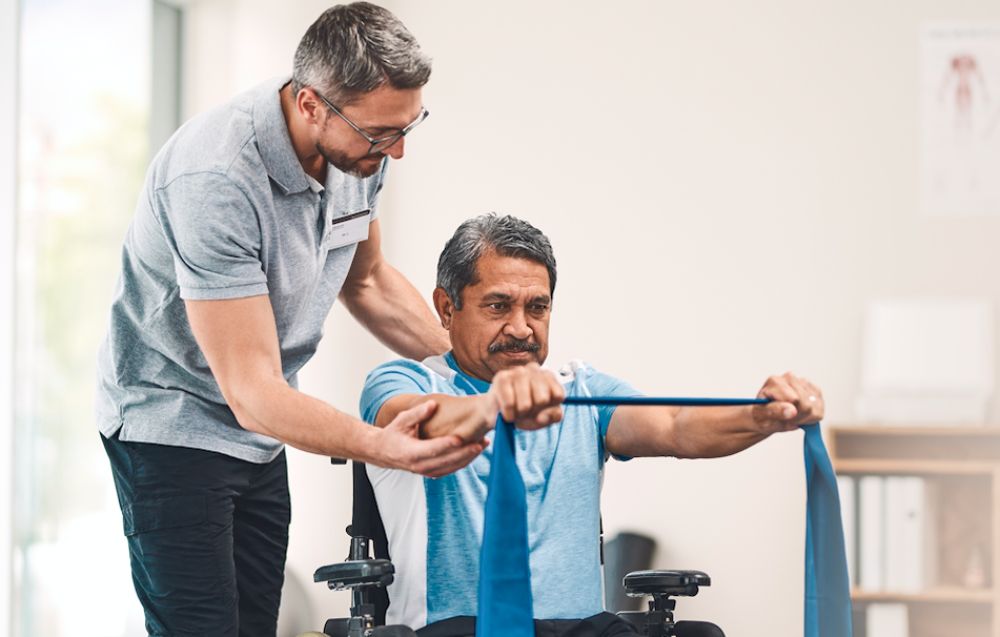
Neuroplasticity and Relearning
Balance and Coordination Enhancement
Assistive Devices and Techniques
Pain Management and Muscle Spasticity
Post-stroke, individuals often encounter muscle spasticity or pain. Physiotherapy integrates techniques like stretching, positioning, and modalities such as electrical stimulation or ultrasound to manage pain and reduce muscle spasticity, improving comfort and function.
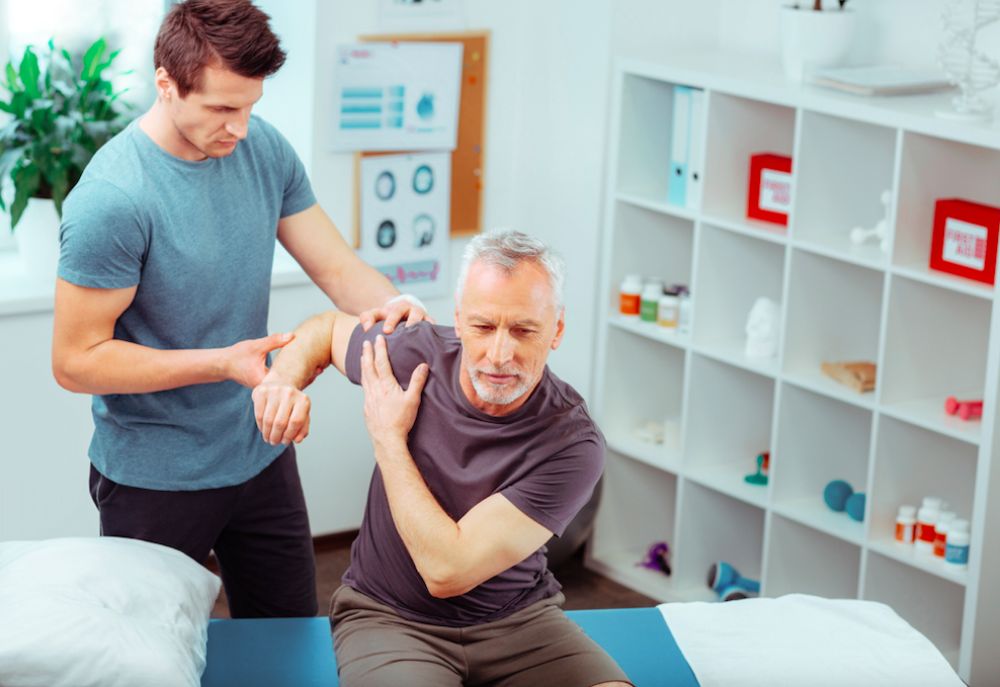
Psychological Support and Motivation
Home-Based Exercises and Education
Long-term Recovery and Maintenance
Holistic Approach to Recovery
In essence, physiotherapy serves as a cornerstone in the multidisciplinary approach to stroke rehabilitation. Through targeted interventions, guidance, and support, physiotherapists play a pivotal role in facilitating stroke survivors’ journey towards recovery, fostering independence, and improving their quality of life.
Functional Manual Therapy (FMT™️) holds immense value in stroke rehabilitation due to its targeted approach. In this context, FMT™️ aids in re-establishing the complete range of motion for stroke survivors, enabling them to regain their active lifestyle. The therapy’s hands-on techniques and tailored exercises are specifically designed to address the limitations and challenges faced post-stroke.
For stroke patients, the loss of motor function or restricted movement in certain areas, such as the shoulders, arms, or legs, is quite common. FMT™️ focuses on these areas, employing specialized methods to improve mobility, strength, and functionality. Through precise exercises and manual therapy, FMT™️ targets the affected muscles and joints, facilitating better movement and coordination.
Moreover, stroke rehabilitation often requires a personalized approach, considering each patient’s unique needs and recovery pace. FMT™️ excels in offering individualized treatment plans, custom-tailored to address specific limitations or challenges faced by stroke survivors. This personalized attention aids in accelerating the recovery process, minimizing discomfort, and enhancing overall functionality.
By emphasizing hands-on techniques and exercises, FMT™️ at VARDĀN aims to restore optimal movement patterns, promoting a more seamless transition towards an active lifestyle post-stroke. The therapy’s comprehensive approach, coupled with the expertise of skilled therapists, plays a crucial role in empowering stroke survivors to reclaim their independence and regain confidence in their physical abilities. To know more about (FMT™️) call us at : +91 011 43580720-22, or write to us on: vardan@timesgroup.com

